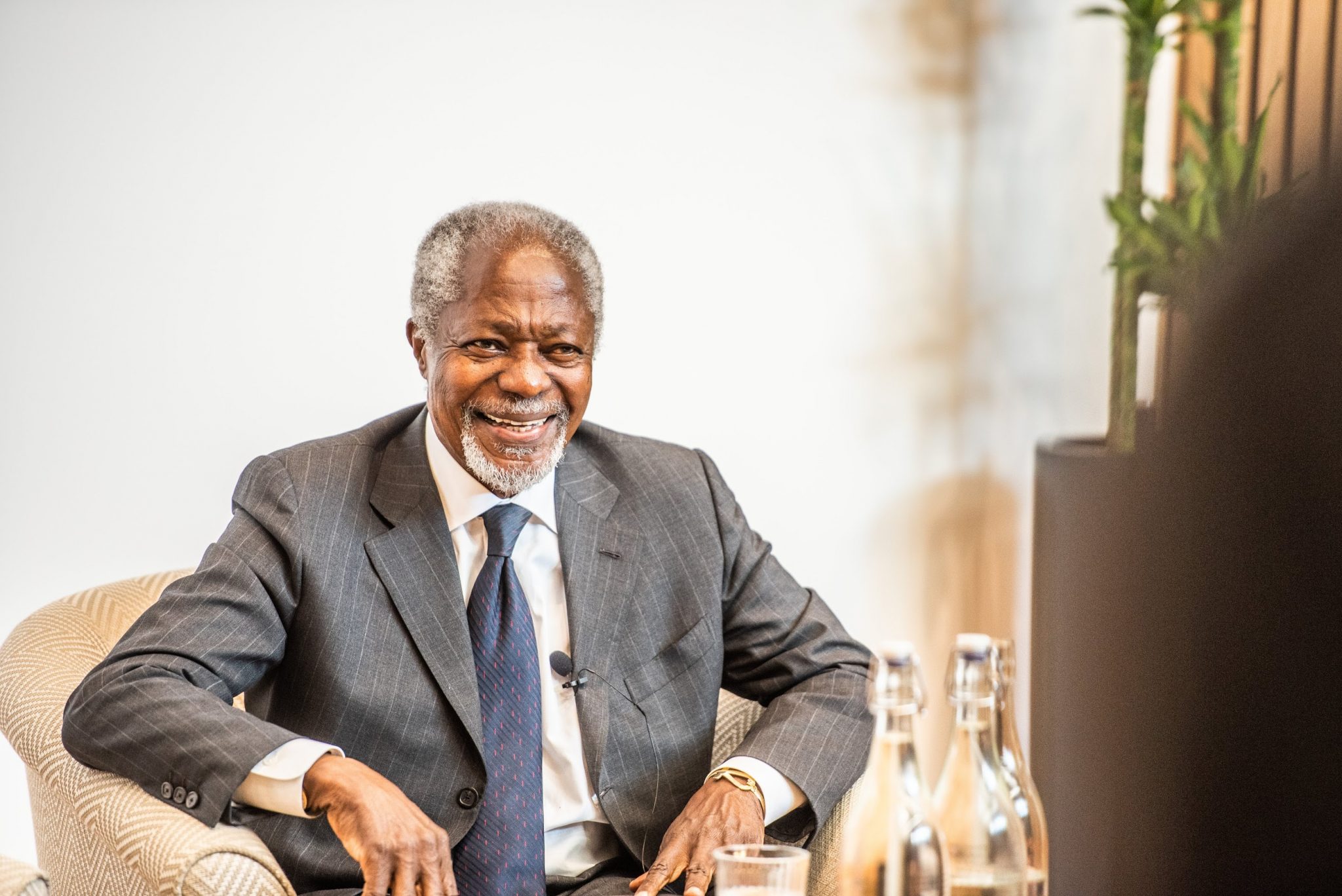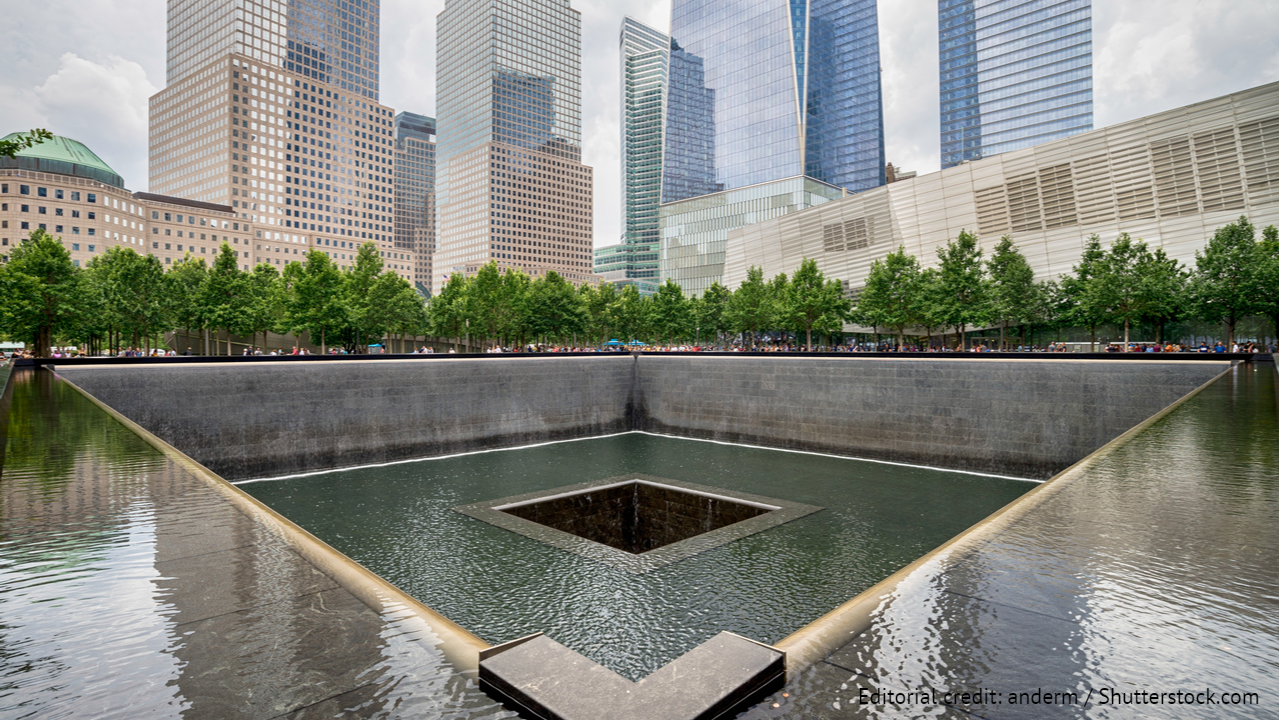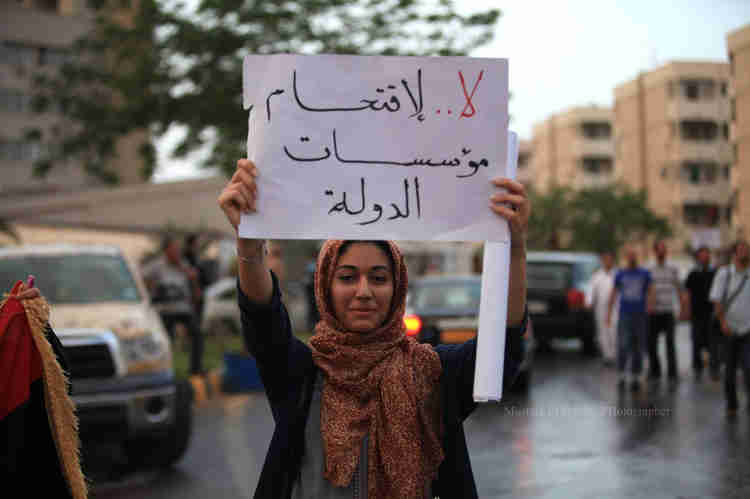Kofi Annan on 40 Years Trying to End War, Promote Peace at the United Nations
Kofi Annan has worked for more than 40 years at the United Nations trying to bring the international community together to resolve conflict, suffering and violence.
Jeffrey Brown talks to former U.N Secretary-General Kofi Annan. A video clip of the full interview is available on PBS’ website.
Kofi Annan, the first career U.N staffer to rise to head the organisation, has spent more than forty years dealing with one international crisis or another, and the problems of bringing the international community together to deal with them.
He tells that story in a new book, “Interventions: A Life in War and Peace,” from the young man in newly independent Ghana to a Nobel Peace Prize-winning secretary-general of the United Nations, to most recently his role as a special envoy to Syria with the mission, one that failed, of finding an end to that still unfolding drama.
As he makes clear in his book, and when we spoke yesterday at the Council on Foreign Relations in New York, the organization and the world continue to be haunted by the tragic failures of the 1990s, the collapse of the peacekeeping mission in Somalia and the starvation and killings amid civil war, the genocide of at least 800,000 people in Rwanda that occurred, as Annan writes, under the gaze of the U.N. peacekeeping operation, and ethnic cleansing in Bosnia, including the massacre at Srebrenica, a U.N.-designated safe area.
KOFI ANNAN, former U.N. secretary-general: In all these cases, part of the reasons for failure perhaps was not analyzing and assessing the true nature of the crisis, the resources that would be required, and exaggerated expectation of what the U.N. troops can do.
JEFFREY BROWN: Particularly in cases where it becomes a civil war, right?
KOFI ANNAN: Exactly.
JEFFREY BROWN: It becomes clear in the book, especially as you look at this period, that you took these failures personally.
KOFI ANNAN: Yes, I took it personally, in the sense that, often, you saw the human suffering. You saw the traumas that people lived through, and wondered what it will take to move us as a human community, as humanity, to help in these dangerous situations.
You cannot see the conditions on the ground and not feel it intensely. And as one of my predecessors said, our objective is not to take people to heaven, but to prevent humanity from going to hell.
And it’s a tough job. It’s something you do every day. You have to wake up every day ready to start again.
JEFFREY BROWN: So, you’re saying that governments have not done a good job of explaining to their citizens the risks or the — or even the role of the U.N. as a peacekeeping institution?
KOFI ANNAN: There’s part of that. And also we at the U.N. have to take some of the blame, because we have not lowered expectations creating the impression we are here to save people, even when we have very limited resources.
And we have to be very clear with the population and the countries we enter what we can do and what we cannot do.
JEFFREY BROWN: Let me turn to Syria. You served as a special envoy. You forged a proposal that was never carried out. And you left expressing great frustration with both the Syrian government, the opposition, and, notably, the international community.
KOFI ANNAN: I think the — we knew the Syrian situation was complex and there were lots of divisions, particularly on the side of the opposition.
We also knew that there were divisions in the region that we needed to try and bridge.
But, above all, I told the council members, this is a tough job. I’m going to try it.
It can perhaps be done if you stand united and work with me in putting sustained pressure on the protagonists or the parties to come together and seek a political settlement.
They all indicated they would. They supported a six-point plan, which was endorsed by a Security Council resolution. But it was more passive support than anything else. And then in…
JEFFREY BROWN: Did that surprise you?
KOFI ANNAN: To some extent.
But I kept working hard with them. They all signed on, on the 30th of June. And I expected them to come to New York and endorse it through a Council resolution. They came to New York and started fighting on other issues.
And they put up — forward a resolution which the Russians and the Chinese vetoed, which I knew they would veto, because they had told us in Geneva they would.
And in the process, they dropped the ball on the substance. And yet, at the end of the day, you’re going to need that political settlement and transition to resolve the issue.
I don’t see a situation where one side will win militarily, take over Syria, and there will be peace and quiet, a clean victory.
JEFFREY BROWN: You expected them to come together. They clearly didn’t. You left and you used some rather undiplomatic language, I think, finger — criticizing finger-pointing and name-calling in the Security Council. You felt angry?
KOFI ANNAN: I was disappointed. I was — yes, you can say I was angry, because people were dying.
You know, these divisions in the international community — the Syrians bear quite a lot of the blame, but we have enabled it by the divisions between us.
JEFFREY BROWN: But this goes back to the larger argument of your book, the whole history of the peacekeeping. Does it suggest — the Washington Post columnist David Ignatius, in citing the Syria situation, and in context of your book, and he says it suggests the U.N. today is bootless.
KOFI ANNAN: When he said it’s bootless, it can be both ways, boots on ground, which we don’t have when the member states don’t give it to us.
JEFFREY BROWN: Literally bootless.
(LAUGHTER)
KOFI ANNAN: Yes.
JEFFREY BROWN: Yes.
KOFI ANNAN: And then the power — the question of, do they have power to do this?
But the U.N. power comes from concerted action of the governments. You will notice, in the Syrian situation, it was fine when I was doing the work with the others, everybody hiding behind me and saying, we support so-and-so as then — and at the same time, they were criticizing the U.N. and the envoy.
When I stepped back, they had to confront the issues themselves directly. And, suddenly, I noticed an important change, the press asking, where are the member-states? What are they doing? And, suddenly, you hear them talking about Russia, China, the U.S. and France.
But, until then, it was a special envoy who has not done this or the U.N. which has not done this.
JEFFREY BROWN: Did you use the expression “hiding behind me”? Is that how it feels sometimes when…
KOFI ANNAN: Sometimes, it feels that in fact my…
JEFFREY BROWN: That countries and others are hiding behind…
KOFI ANNAN: We have a scapegoat — a scapegoat role, if you wish, and an alibi role.
When things are really desperate and hopeless and you can’t do anything about this, and there’s a sense that something must be done, that is something usually leads to the U.N.
You dump it on the U.N. And you — as a member state, you have done something. It’s those incompetent people at the U.N. who are not delivering.
No, and my predecessor, Boutros, used to say the letters S.G. doesn’t stand for secretary-general, but scapegoat.
(LAUGHTER)
JEFFREY BROWN: But it leads to the question, after all these years that you document in the book and up to Syria, whether the whole notion of the international community and peacekeeping is basically a noble failure.
KOFI ANNAN: I wouldn’t say it’s a noble failure. We have had some successes. It can be improved.
I think that peacekeeping can do quite a lot, if they are given the right mandate with the commensurate resources to get the job done. What is required is to ponder the questions I have raised and for the member states to ask themselves what sort of reforms are needed.
JEFFREY BROWN: All right, the new book is “Interventions: A Life in War and Peace.”
Kofi Annan, thank you.



